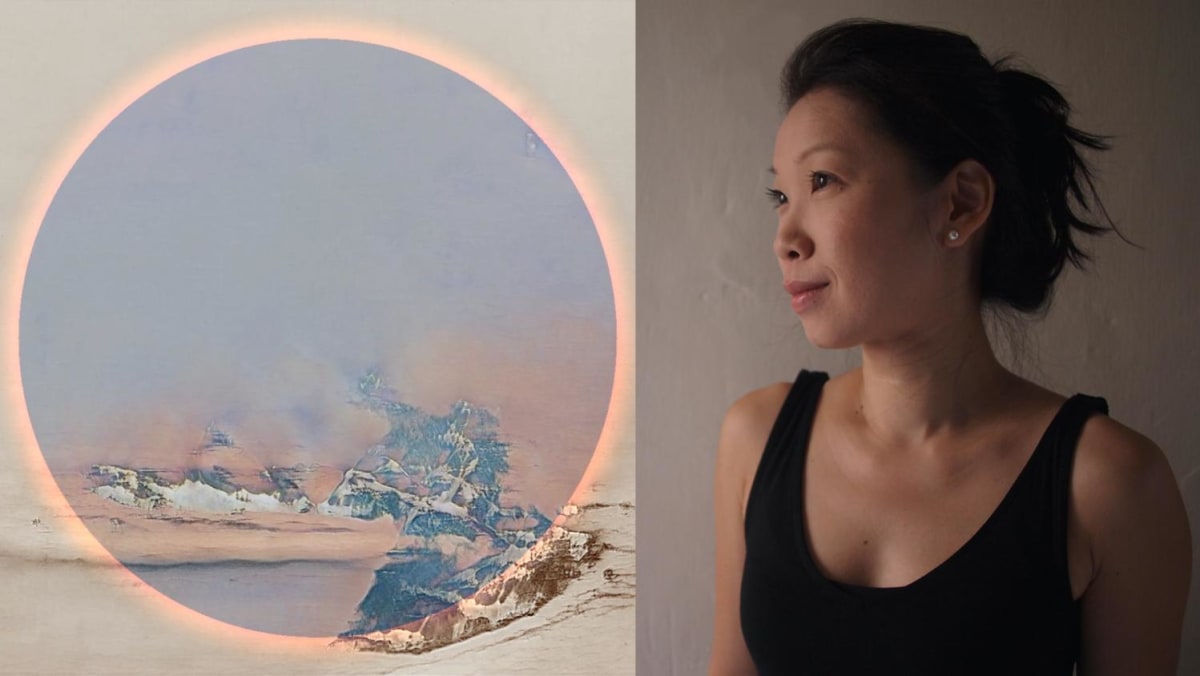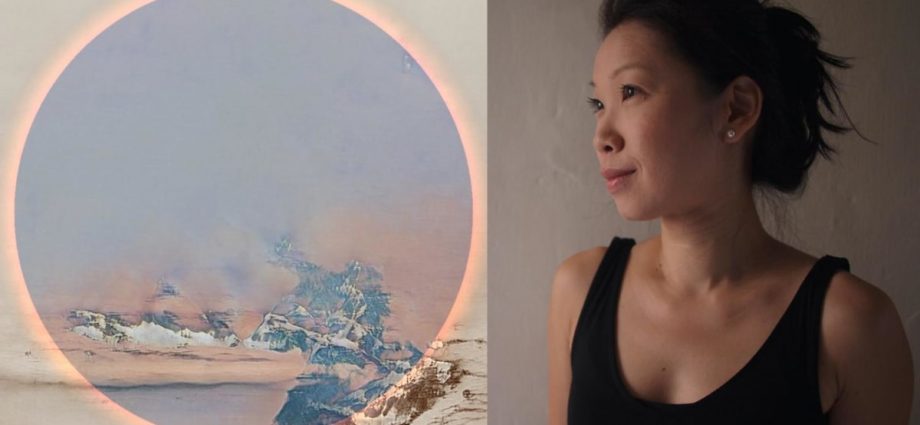
SHOULD COPYRIGHT LAWS CHANGE?
The keywords remain when looking at whether an artwork can be protected by law – authorship and originality.
Even though artists are clear about the role they play in their art, some AI works remain unprotected by copyright law.
“I wouldn’t advocate that we recognise autonomous AI-generated work,” Prof Tan said.
He explained that no country has recognised autonomous AI-generated work and Singapore needs not be the first to do so.
Even in countries like England where copyright protection is available for computer-generated works, the courts still require the identification of the author as a person who had completed the arrangements necessary for the creation of the work.
“There is a lot of noise out there and it’s really people just wanting to take extreme positions so they get more media coverage. The fundamentals of copyright laws protect only human creativity,” he said.
When considering whether copyright has been infringed, Prof Tan said the court will decide if enough of an artwork is copied, by looking at its protectable features.
Ideas are not protected expressions, he added.
Taking Monet as an example, his style of painting is “not a copyrightable expression”, but Monet’s particular perspective of the water lilies in a painting would be considered a protected feature, explained the professor. This would allow other artists to paint water lilies in a pond in a different way or from a different point of view.
Mr Wong said that there are situations where artists can take legal action. He advised creators to leave “deliberate fingerprints or symbolic signatures”.
“As long as there is substantial copying and there is a causal link between the copyrighted work and AI-generated work, there would be copyright infringement,” he explained.
“As to who would be sued, that would depend on the technical details of how the AI-generated work is produced.”
But he pointed to the other side of the legal debate, which views certain AI-generated works to have human authors and originality.
“In particular, AI-generated works created based on certain input of a human can be said to engage the human intellect and thus fulfil the authorship and originality requirements for copyright to arise,” he said.

